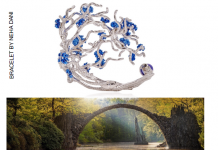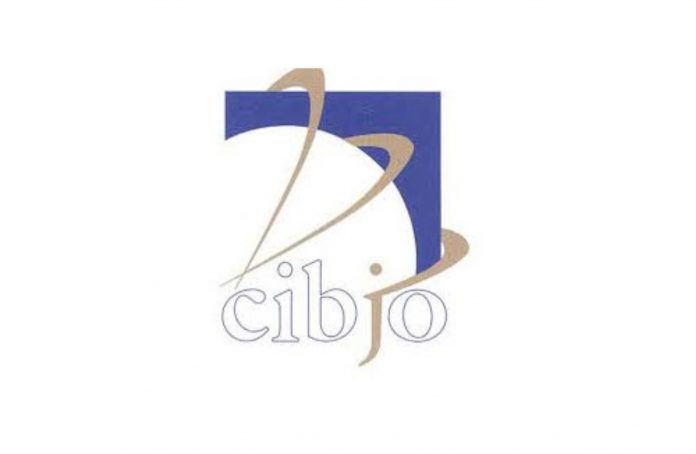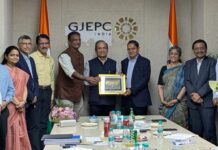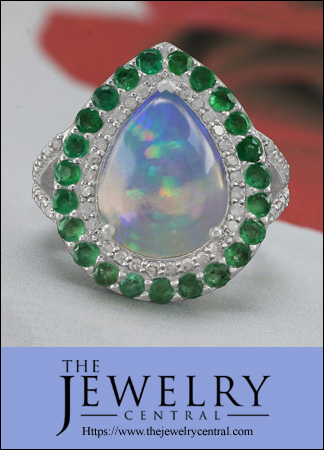CIBJO’s Ethics Commission has just released its Special Report that will form the basis of discussions at the 2017 CIBJO Congress in Bangkok, Thailand, that opens on November 5, 2017. The report, authored by Cecilia Gardner, President of the Commission, focuses on social investment in and by the jewellery industry, looking at how it is proliferating through activism at the grassroots level.
Gardner traces the history of these initiatives in the industry, pointing out that the first major milestone in the industry’s Corporate Social Responsibility (CSR) activity was the Cape Town Declaration made at the CIBJO Congress of 2007, which stated that “the jewellery industry, as a member of the international business community, shares a responsibility toward the greater society in seeking practical solutions towards the eradication of extreme poverty and hunger, as well as to developing a global partnership for development.”
While large companies, particularly the miners, have had major initiatives in the field of social development for a long time, and there are also some industry-wide enterprises aiming to bring about real societal change in the mining and manufacturing areas, there are challenges for the rest of the industry, mainly SMEs.
The report points out that for them, “…however, it is considerably more difficult to become involved, let alone initiate programmes that may have a lasting effect on the lives of people and communities, particularly when they are located elsewhere geographically, and at other stages along the chain of distribution.”
Gardner cites a few voluntary and grassroots initiatives by interested individuals, companies and organisations in the jewellery sector, which have become a feature of the last several years, as examples of how the industry can proceed. One of these is the Jewelry Industry Summit, where CIBJO is involved, and which is acting as an incubator for sustainability and CSR projects in a variety of industry-related fields, most with regard to responsible sourcing.
Among the projects associated with the Jewelry Industry Summit is a golden rutilated quartz mine in Bahia, Brazil, which is being designed to serve the long-term social and economic needs of an adjacent village with a population of about 500 people; the Jewellery Development Index (JDI), which is now being examined by a team at the U.S. State Department, and will benchmark national jewellery and gemstone industries in terms of how they help or hinder economic and social development; an initiative in India to combat the blight of silicosis; and a programme promoting mercury-free artisanal gold mining.
Gardner stresses the importance of CSR education and mentions the six lesson course for industry professionals that CIBJO conducts, before concluding, “There are many opportunities for you to act now to improve and sustain our supply chain and benefit those who are your business partners. Their health and success are essential to the health and success of the jewellery industry, and any actions taken to improve their lives will reverberate up and down our chain of supply.”
News Source: gjepc.org
Disclaimer: This information has been collected through secondary research and TJM Media Pvt Ltd. is not responsible for any errors in the same.


























